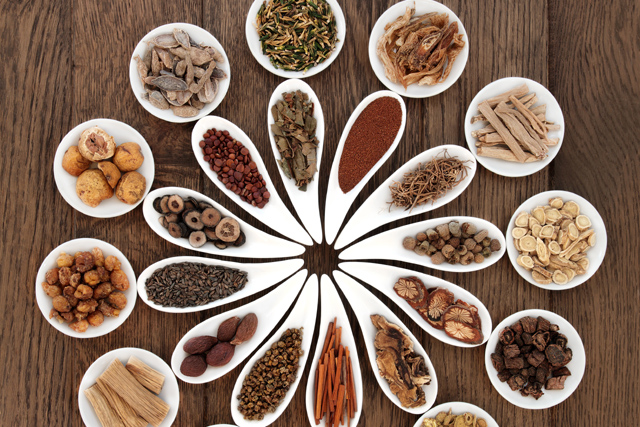
From Menstrual Chills to Postpartum Wind
By Daniel Cho, L.Ac. (email: c0454445@gmail.com)
I will continue explaining Guizhi Tang this month, following last month’s discussion.
Gui Zhi Tang is for Deficient Cold Types—emaciated, weak, pale individuals with Yin-natured traits. They are gentle and introverted and often have a small voice and a body shape with a wider pelvis. Some may show slight facial flushing due to “Upper Rush.” Avoid using Gui Zhi Tang in strong, overweight, red-faced, or Yang-type individuals, as it may not suit their constitution.
Physical symptoms are divided into Main Symptoms, Possible Symptoms, and tendencies.
Gui Zhi Tang’s main symptoms are aversion to cold, coldness of the limbs, and cold body pain. These are the most minor requirements for using Gui Zhi Tang, and they alone mean that you can select it.
A key symptom for Gui Zhi Tang is aversion to cold with cold limbs. Even if patients don’t feel cold overall, cold hands, feet, or localized areas qualify. Always check for decreased surface temperature. Gui Zhi Tang is the top formula for musculoskeletal pain in Deficient Cold Types, especially when pain worsens with cold and improves with heat. The following are the clinical expressions of Gui Zhi Tang’s cold body pain.
- I often ache all over after shivering or sleeping in the cold. Cold places make my body feel sore, like I’ve been beaten. After fatigue or overwork, especially in cold weather, I think body aches, coldness, heaviness, and fatigue. Some feel constant mild body aches, which worsen in cloudy or cold weather. Postpartum Wind may also cause cold and painful muscles or joints throughout the body or in specific areas.
- In particular, female patients would say, “Before my period, I have chills and body pains as if I’m coming down with a common cold with body aches.” “After giving birth, my body became cold and icy, and my muscles and joints are sore and painful.” These are symptoms/signs of Gui Zhi Tang.
After ovulation, the body raises core uterine temperature for pregnancy. Women with low body heat may lose surface warmth, feeling cold or mildly feverish before menstruation. After childbirth, the surface temperature drops and muscles weaken, leading to Postpartum Wind—cold, sore sensations in the body. Gui Zhi Tang is helpful for such postpartum symptoms. Supporting signs include spontaneous sweating, muscle tension (from Da Zao and Shao Yao), and “Upper Rush”—heat rising to the face or upper body during stress or menopause. These increase the likelihood of Gui Zhi Tang being the right choice.
Shang Han Jin Gui formulas follow the principle of minimal herbs—the fewer the herbs, the more effective the formula. Adding extra herbs often reflects a lack of confidence or understanding. To master formulas like Gui Zhi Tang, avoid unnecessary additions and focus on learning the core indications. Gui Zhi Tang suits weak, emaciated patients who feel fatigued after sweating. When they catch a cold, they often have chills, body aches, mild fever, or sweating. A floating, weak pulse may be present, but these are tendencies—not strict requirements.
































